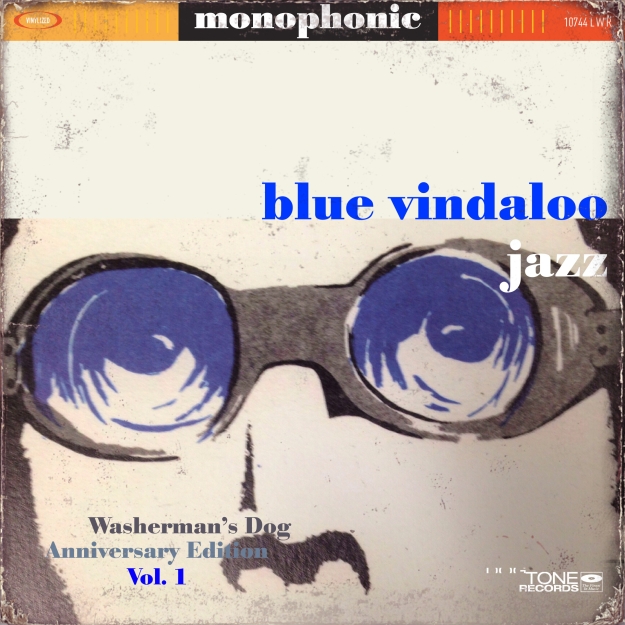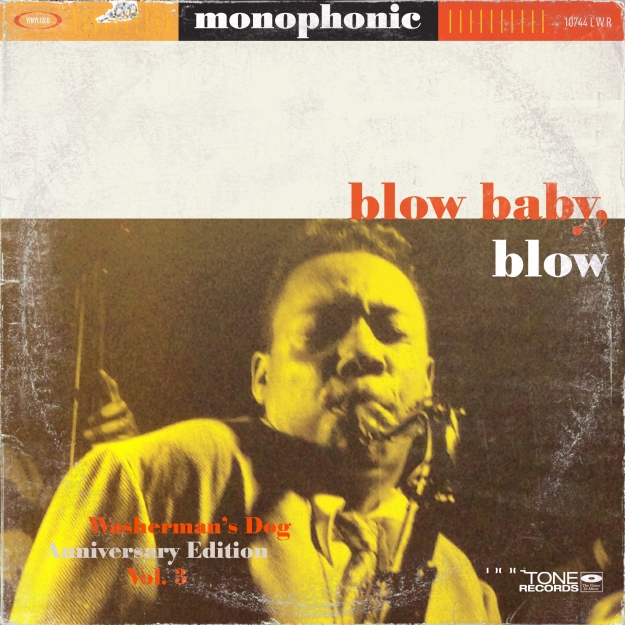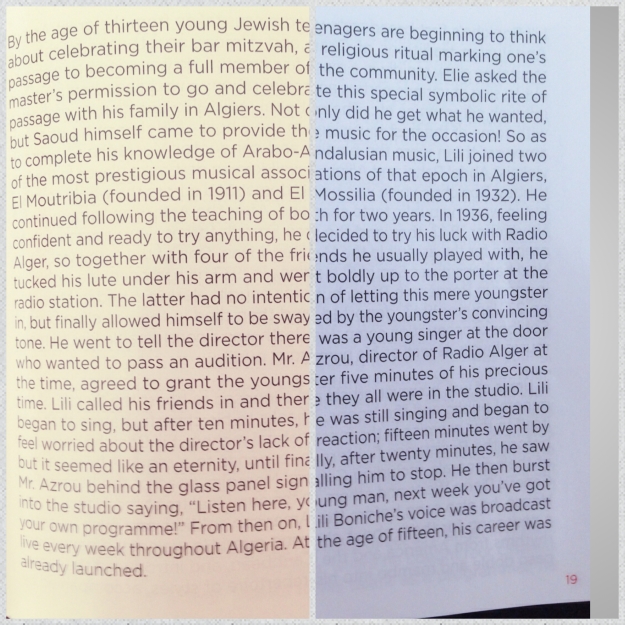
All pop stars are, to a certain degree, enigmas. As fans we think we know them. We digest their lyrics and read interviews but mostly we create an image of them in our minds. We become convinced they are like us. And hopefully, even like us.
For their part, pop stars spend time and money trying to avoid being known too much. Bob Dylan is famous for spreading tall tales about his musical antecedents and early years. He’s on record claiming to be in places at times when it is patently clear he was not. So frustrating were his contradictory and mysterious statements about himself that a short-lived sub-discipline of sociology sprang up in the early 1970s: Dylanology. Led by an obsessed fan named A.J. Weberman, who today would be arrested for stalking, Dylanologists’ main method was to pick through the discarded rubbish of the singer’s household in search of clues of his life.
Yesterday, William Onyeabor, a Nigerian keyboardist and electronic music pioneer, passed away, leaving a whole slew of question marks for his fans to contemplate. There has been no musician more mysterious in recent years than the cowboy hat white suit wearing Chieftain from West Africa. The Guardian’s survey of his discovery (by Western fans) and the unanswered questions that he carried with him to his grave is an excellent read.
The 2013 Luaka Bop album, referenced by the Guardian is shared here today. This is 73 minutes of some of the most improbable African music you’re ever likely to hear. Electronic swirls and squelches interspersed with the dense beat of simulated drums. This is music that sounds more at home in England during the New Wave/No Wave era of the early 1980s than in the land that gave the world High Life and Afrobeat. There is none of the urgency, playfulness or raw sexuality of Fela or E.T Mensah or Geraldo Pino in Onyeabor.
And perhaps that is willful. One of the few things we seem to know about him is that he nurtured a strong personal faith in Jesus. And lived a life of moral rectitude and purity. Natural then, that his music would mirror the same emotions.
This is not to say this is fluff or mere exotica. Atomic Bomb is the standout track in this collection. It builds and pulses with real energy and creative thinking. Love as A Bomb! Love is Blind and Body and Soul are also carnally focused. Both tunes develop a strong groove that keeps the ears and mind engaged.
There is one other West African electronic album from this era, African Electronic Music 1975-1982, by the Cameroonian poly-artist Francis Bebey that acts as a sort of cultural counterpart to this album. Bebey’s life story is fairly well known and his album (one of more than 20 released in his lifetime) has a more deliberate, experimental quality to it.
Onyeabor’s work, by contrast, seems to be more organic and heartfelt. The grooves are long, elaborate and hang together as individual tracks nicely. Bebey’s album on the other hand is a collection of diverse sounding songs that seem strung together like individual gaudy beads.
In any case, this is very interesting music, made by a mysterian of the first order. Rest in Peace dear William. Whoever you are.

Track Listing:
01 Body and Soul
02 Atomic Bomb
03 Good Name
04 Something You’ll Never Forget
05 Why Go to War?
06 Love is Blind
07 Heaven and Hell
08 Let’s Fall in Love
09 Fantastic Man






























